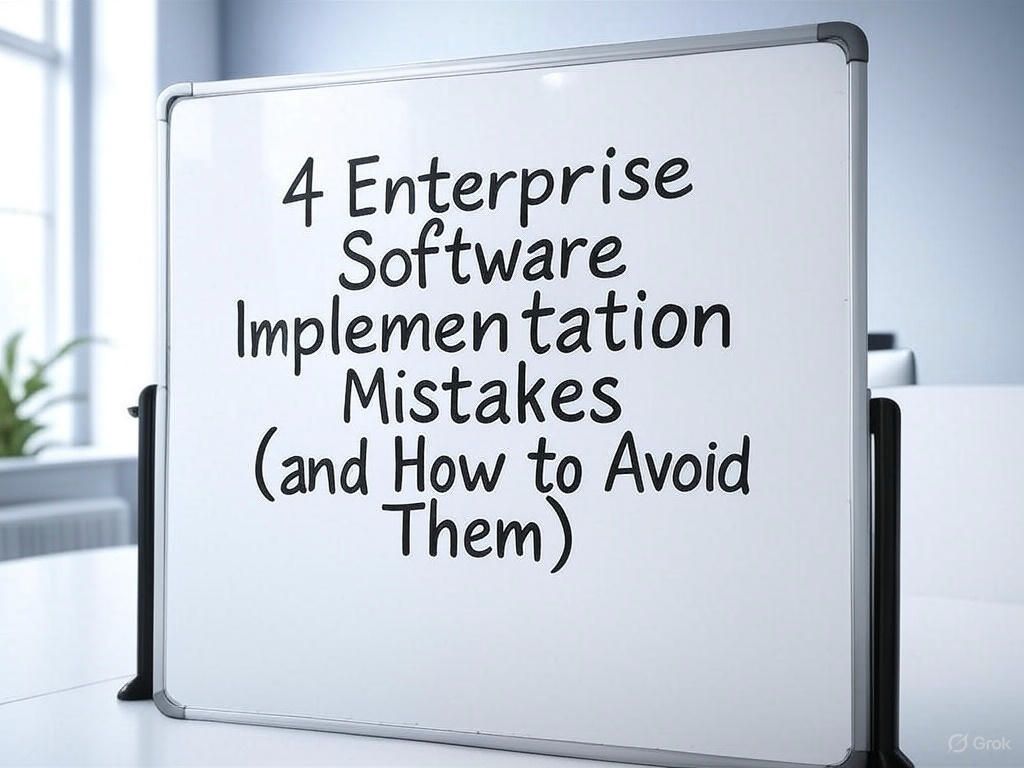Thinking about launching a digital bank, neobank, or e-wallet? This article provides a comprehensive roadmap outlining all the necessary steps to turn your idea into a successful business venture.
Crafting a Business Model
Before diving into the intricacies of starting your fintech endeavor, it’s imperative to develop a solid business plan. This living document will serve as your roadmap, outlining specific tasks crucial for both short-term and long-term success. Moreover, a well-documented business plan is indispensable when seeking funding from investors and navigating regulatory requirements.
Without a clear strategic vision and implementation plan, the likelihood of your business idea faltering increases significantly. Your business plan should be easily comprehensible to investors, regulators, and other stakeholders, detailing your intended markets, target customer base, solutions, and unique value propositions. Financial forecasts covering at least three years should accompany the plan.
Company Formation and Office Setup
Depending on the jurisdiction, you may need to register your company as a legal entity and establish an office before applying for a license. While some regulators only require reserving a company name, many mandate having a physical office with local employees. This office serves as evidence of your commitment to operating your business seriously, a crucial factor in gaining regulatory approval.
Obtaining Licensing and Regulation
The next crucial step is obtaining the necessary licenses or becoming an EMD/PSD Agent of a licensed entity. It’s essential to define how your business will be managed from a regulatory perspective. Some startups opt to operate under the umbrella of partner licenses, while others pursue licenses independently.
For launching a digital bank or e-wallet in the EEA/UK, acquiring e-money or payment licenses is ideal. The process of obtaining these licenses varies by regulator and can take anywhere from 5 to 12 months, sometimes longer. Steps typically include an introduction to the regulator, preparation and submission of all required documents, formation of the team, opening of business and safeguarding accounts, payment of initial capital, and authorization. EEA-based companies may also apply for passporting to operate in other EEA countries.
An alternative approach to kickstart your digital bank or e-wallet is by securing an MSB registration in Canada. This avenue offers several key advantages over opting for EEA-UK licenses:
- Expanded Service Offerings: MSB registration in Canada allows for a broader spectrum of services, including activities involving cryptocurrencies, which are often restricted under EEA-UK licenses.
- Expedited License Acquisition: Compared to various jurisdictions, including EEA-UK, obtaining an MSB registration in Canada typically involves a swifter licensing process, enabling you to launch your venture in less time.
- Diverse Client Base: With an MSB registration, you can cater to a diverse portfolio of clients across various industries, geographical locations, and risk levels, providing ample opportunities for business growth and expansion.
- Lower Initial Investments: Initiating your digital bank or e-wallet with an MSB registration in Canada requires lower initial investments compared to pursuing licenses in the EEA-UK region, making it a more cost-effective option for startups.
IT System Preparation and Choosing the Right Core Banking System or e-wallet software
Setting up your IT infrastructure is another critical step in launching your digital bank. It’s essential to have a clear vision of your platform, whether developed in-house or acquired from a vendor. Regulators often require a fully operational IT system, core banking or e-wallet system by the time of license issuance, with some providing a grace period of up to a year for implementation and auditing.
First, let’s define core banking or e-wallet software. It comprises a suite of applications enabling financial institutions to manage various banking operations, from account management to transaction processing and reporting. Fintech companies are embracing modern core banking software to enhance their operations and compete effectively with traditional banks.
So, what factors should you consider when selecting a core banking solution or e-wallet software?
Automation:
Efficiency is paramount, and your core banking software should streamline and automate processes like transaction processing and IBAN generation. This automation minimizes errors, enhances efficiency, and frees up resources for more strategic tasks.
Analytics:
Real-time data and analytics are crucial for informed decision-making. Your software should offer insights into transaction volumes, customer behavior patterns, and fraud detection, empowering you to optimize services and mitigate risks effectively.
Integrations:
Seamless integration with third-party providers is vital for fintech companies. Whether it’s payments, card issuance, or KYC verification, your core banking software should integrate smoothly with external services, ensuring a cohesive user experience and minimizing security risks.
Scalability:
As your fintech venture grows, your software should scale accordingly. It should handle increased transaction volumes, store vast amounts of data, and adapt to evolving business needs seamlessly.
Security:
Given the sensitive nature of financial data, robust security features are non-negotiable. Your core banking software should adhere to the highest security standards, including encryption, multi-factor authentication, and regular security audits.
Usability:
User-friendly interfaces are essential for both employees and customers. Whether it’s navigating mobile banking apps or configuring back-office operations, your software should offer intuitive usability across all platforms and devices.
Customization:
Tailoring your software to meet specific requirements is crucial. However, customization can be complex and costly, so it’s essential to align your needs with feasible and cost-effective solutions.
Regulatory Compliance:
Adherence to regulatory requirements is paramount. Your core banking software should comply with data privacy laws, anti-money laundering regulations, and consumer protection laws, minimizing the risk of fines and reputational damage.
Built-in Accounting:
A comprehensive accounting system is indispensable for financial tracking and reporting. Ensure your software includes a robust general ledger compliant with international financial reporting standards.
Costs:
Finally, consider the overall costs, including setup fees, monthly maintenance, integration costs, and software updates. Choose a solution that aligns with your budget while meeting your business needs effectively.
Business Infrastructure Development
Once licensed and equipped with a functioning IT system, focus shifts to developing your business infrastructure and establishing partnerships. This includes opening business and safeguarding accounts with banks, obtaining BIC numbers through SWIFT for IBAN issuance, and partnering with service providers for automation, functionality, and features.
In conclusion, launching a digital bank, neobank, or e-wallet requires careful planning, meticulous execution, and adherence to regulatory guidelines. By following this roadmap, you can navigate the complexities of starting a fintech venture and turn your vision into a successful reality.






